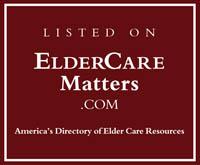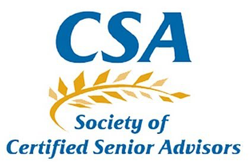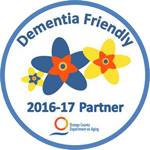Create Your Living Will Now to Ease Burdens Later
(Part 1)
A living will is a legal document that indicates what medical treatments and life-sustaining measures you want or don’t want. If the time comes when you can’t make your own decisions, a living will can be valuable for your family and doctor and help ensure your preferences are honored.
Approximately 80 percent of Americans fail to share their wishes for their end-of-life care, leaving family members and doctors to decide what life-saving measures to perform. Not only can this result in family quarrels, but you may receive care that is more aggressive than you desire. For example, CPR (cardiopulmonary resuscitation), which has a low success rate, can be violent and leave patients in worse condition. Not only does it make sense to write a living will as you get older and become increasingly prone to chronic illness, but it is also wise to understand the treatment options and their risks. A living will is a legal document that indicates the types of medical treatments and life-sustaining measures you want or don’t want, such as cardiopulmonary resuscitation (CPR), feeding tube, and mechanical breathing (respiration and ventilation). In addition to a living will, people are also encouraged to have an advance directive known as a medical power of attorney (POA).
A medical POA is a legal document that designates an individual—referred to as your health care agent or proxy—to make medical decisions on your behalf if you’re unable to do so. Like the POA, the living will becomes a tool to help your family and medical staff determine the life sustaining measures and medical treatments to pursue at the end of your life if you are unconscious or not capable of deciding on your own.
In addition to executing a living will and medical POA, it’s important to discuss your beliefs and wishes with family members and your doctor. If they know beforehand what measures you want taken—and, just as important, why—when the time comes, the process can be easier and less stressful for everyone.
Please contact us today for a free, no obligation consultation. We are happy to review all your existing documents and beneficiary designations. “We make house calls!”
Rick Messemer – 919-656-2959 (Community Contact Person)
rick@carolinaestatecounsel.com











